About us
Carbo Cascadia is a collaborative initiative brought to life by diverse experts from science, education, and industry.
Below, we introduce the individuals and organizations driving this project forward.
The Story of Carbon Cascadia
During the BMBF-funded BioNET project, Nils and Danny explored how carbon-dioxide removal (CDR) could be implemented regionally in Germany. They discovered that many key stakeholders either weren’t connected or struggled to communicate productively. Traditional workshops simply weren’t enough.
The spark for a new way of participation came from an unexpected place: a child’s simple question about how CDR methods relate to each other. To explain, they drew a quick sketch—artistically imperfect, but full of potential. That rough network map planted the seed for something bigger.
Over the next months, Nils and Danny created Carbon Cascadia, a card game designed for CDR-savvy stakeholders and used it successfully in workshops. The enthusiastic response inspired new funding proposals. With support from the UFZ Transfun transfer program, they completed the card game and developed initial concepts for a digital version.
Today, the team is working toward a full video-game adaptation, aiming to introduce students and other curious minds to the intricate world of carbon-dioxide removal through engaging play.
Our Goal
The Vision
This game is our contribution to a collective path forward — a path that combines technology, nature, and society in the fight against climate change. Carbon dioxide removal (CDR) is one of many tools we have, and we believe understanding it is key to shaping a fair and sustainable future. Through interactive learning, players can explore how each landscape, each decision, and each system plays a role in building resilience together.
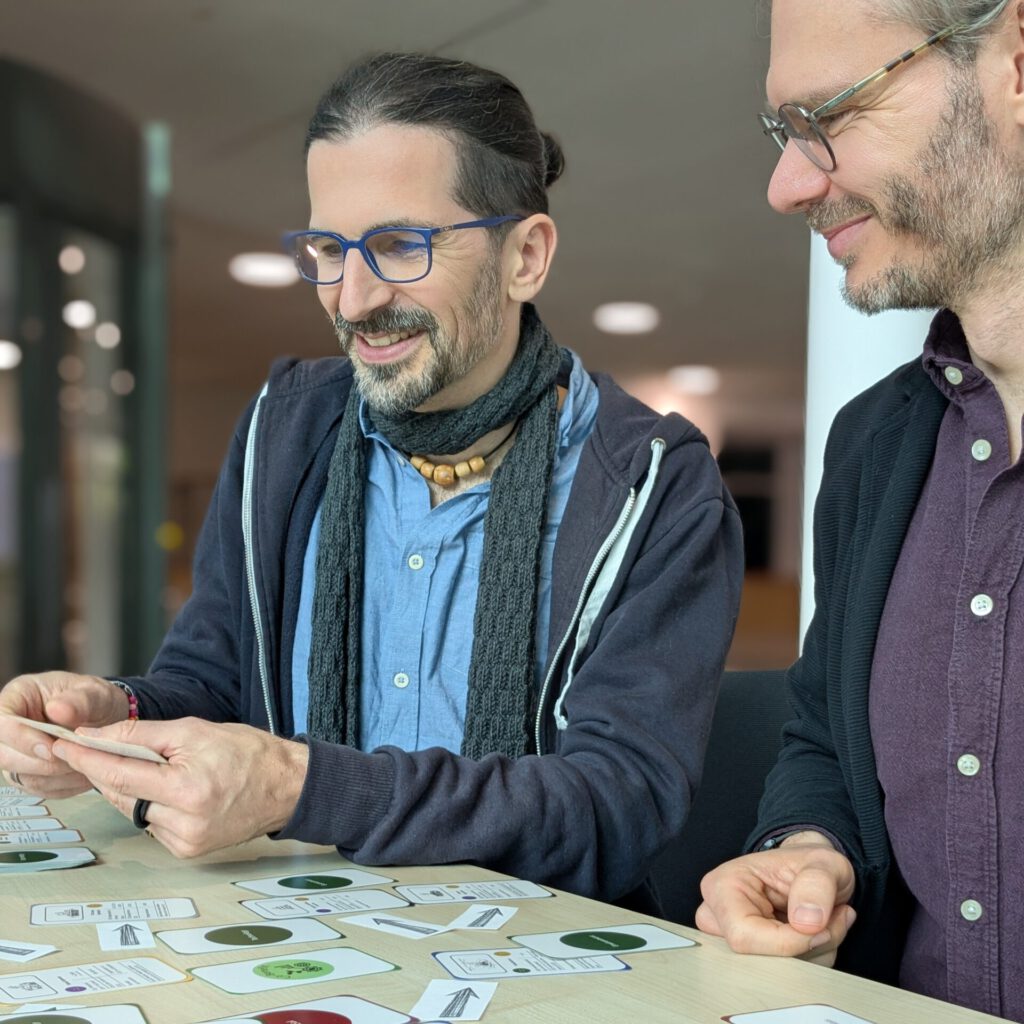
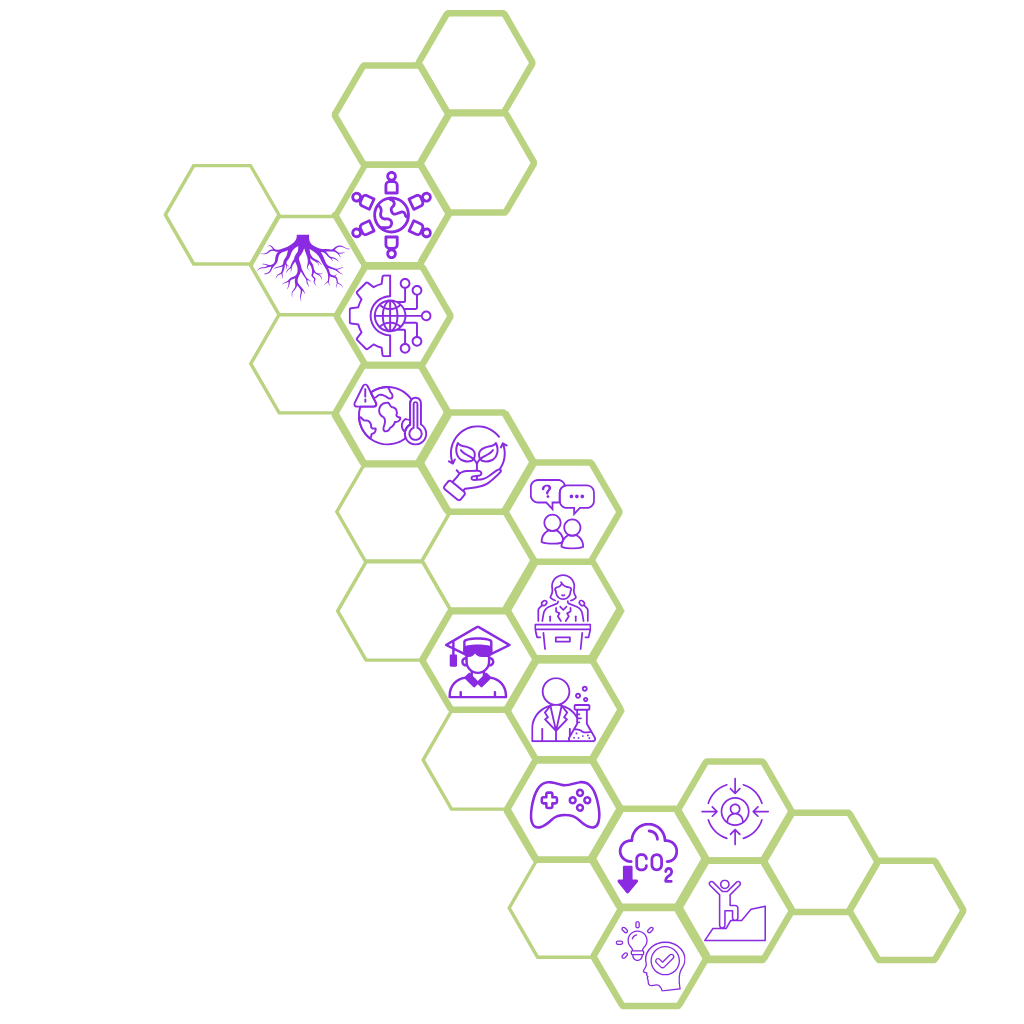
The Mission
Through our scientifically grounded games, we invite students, scientists, and decision-makers to step into different roles, discover new perspectives, and understand the diverse arguments and interests shaping climate solutions. For experts, our card-based game offers a chance to engage in cooperative strategy and open discussion. For students, our digital game turns an overwhelming topic into an engaging, playful experience that fosters curiosity and critical thinking.
Through our scientifically grounded games, we invite students, scientists, and decision-makers to step into different roles, discover new perspectives, and understand the diverse arguments and interests shaping climate solutions. For experts, our card-based game offers a chance to engage in cooperative strategy and open discussion. For students, our digital game turns an overwhelming topic into an engaging, playful experience that fosters curiosity and critical thinking.
By combining real-world data with interactive formats, we aim to make CDR more approachable, understandable, and actionable—while strengthening the connections between those who will shape our climate future.
The Mission
Through our scientifically grounded games, we invite students, scientists, and decision-makers to step into different roles, discover new perspectives, and understand the diverse arguments and interests shaping climate solutions. For experts, our card-based game offers a chance to engage in cooperative strategy and open discussion. For students, our digital game turns an overwhelming topic into an engaging, playful experience that fosters curiosity and critical thinking.
Through our scientifically grounded games, we invite students, scientists, and decision-makers to step into different roles, discover new perspectives, and understand the diverse arguments and interests shaping climate solutions. For experts, our card-based game offers a chance to engage in cooperative strategy and open discussion. For students, our digital game turns an overwhelming topic into an engaging, playful experience that fosters curiosity and critical thinking.
By combining real-world data with interactive formats, we aim to make CDR more approachable, understandable, and actionable—while strengthening the connections between those who will shape our climate future.
The Mission
Through our scientifically grounded games, we invite students, scientists, and decision-makers to step into different roles, discover new perspectives, and understand the diverse arguments and interests shaping climate solutions. For experts, our card-based game offers a chance to engage in cooperative strategy and open discussion. For students, our digital game turns an overwhelming topic into an engaging, playful experience that fosters curiosity and critical thinking.
Through our scientifically grounded games, we invite students, scientists, and decision-makers to step into different roles, discover new perspectives, and understand the diverse arguments and interests shaping climate solutions. For experts, our card-based game offers a chance to engage in cooperative strategy and open discussion. For students, our digital game turns an overwhelming topic into an engaging, playful experience that fosters curiosity and critical thinking.
By combining real-world data with interactive formats, we aim to make CDR more approachable, understandable, and actionable—while strengthening the connections between those who will shape our climate future.
Get to know the team
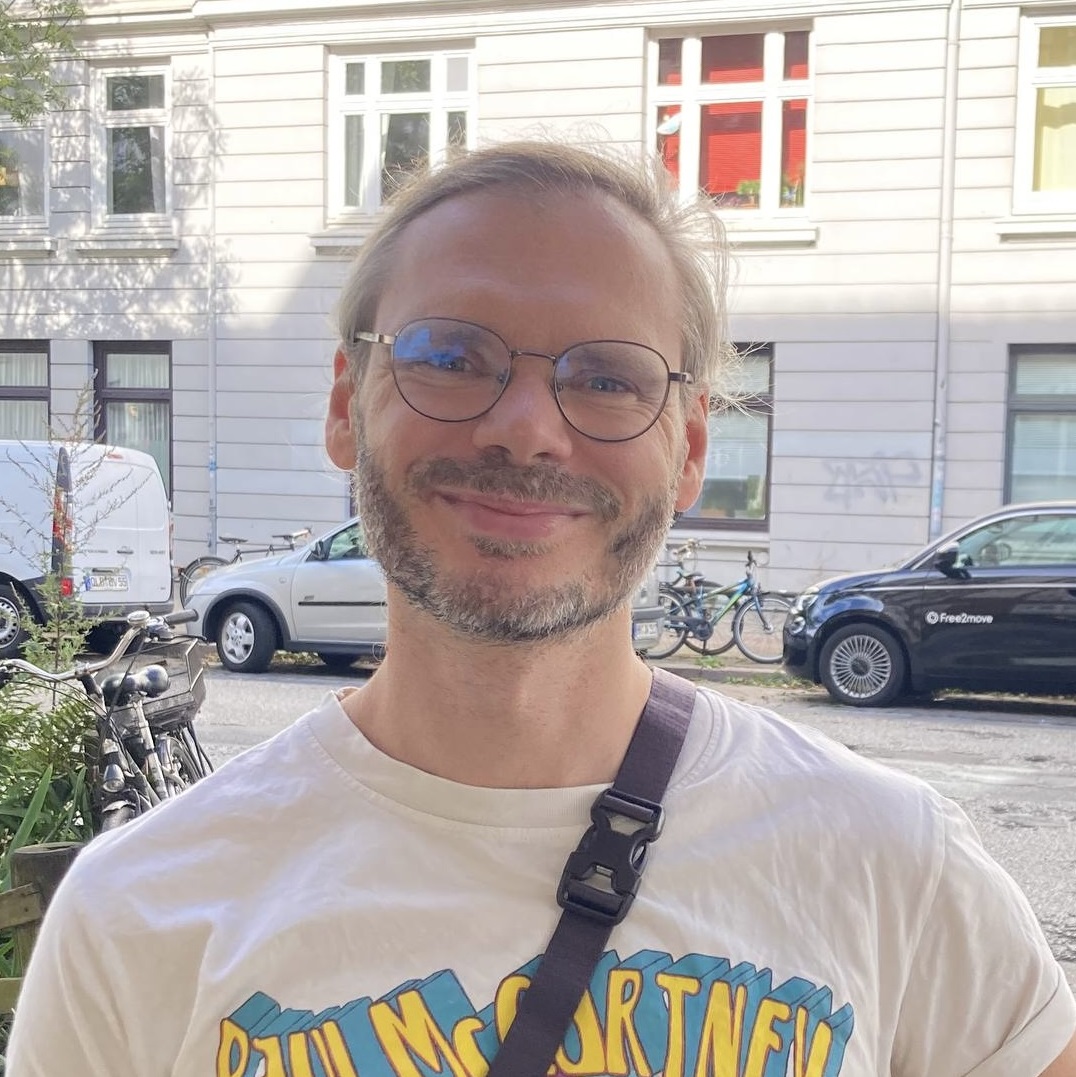
Dr. Danny Otto
Founder/CEO
At Carbon Cascadia Games, Danny oversees coordination and the scientific development of game content. He is passionate about highlighting the diversity of carbon-dioxide removal approaches and their interconnections, emphasizing that only a well-balanced portfolio can ensure lasting CO₂ removal. As a sociologist, he focuses on issues of social equity. In his free time, he enjoys playing board and video games with his children.
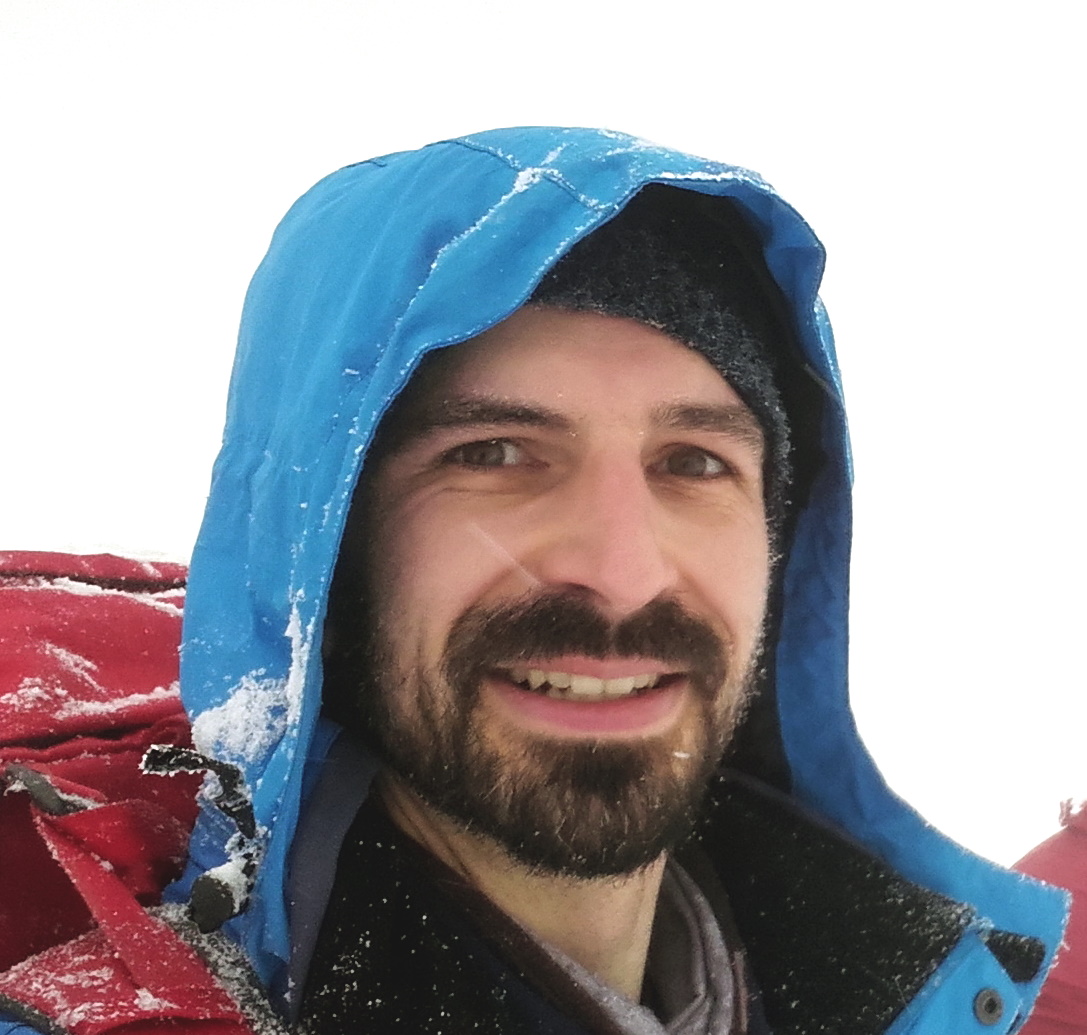
Dr. Nils Matzner
Founder/CTO
Nils is reponsible for game design at Carbon Cascadia Games. As a Science Studies scholar he analyzes how science and society influence each other. In his teching and research he is engaged with how complex processes can be simulated and communicated in games. For Nils it is a central mission to get active against human-made climate chnagen. In his free time he is pationate for unconventional board games and video games.
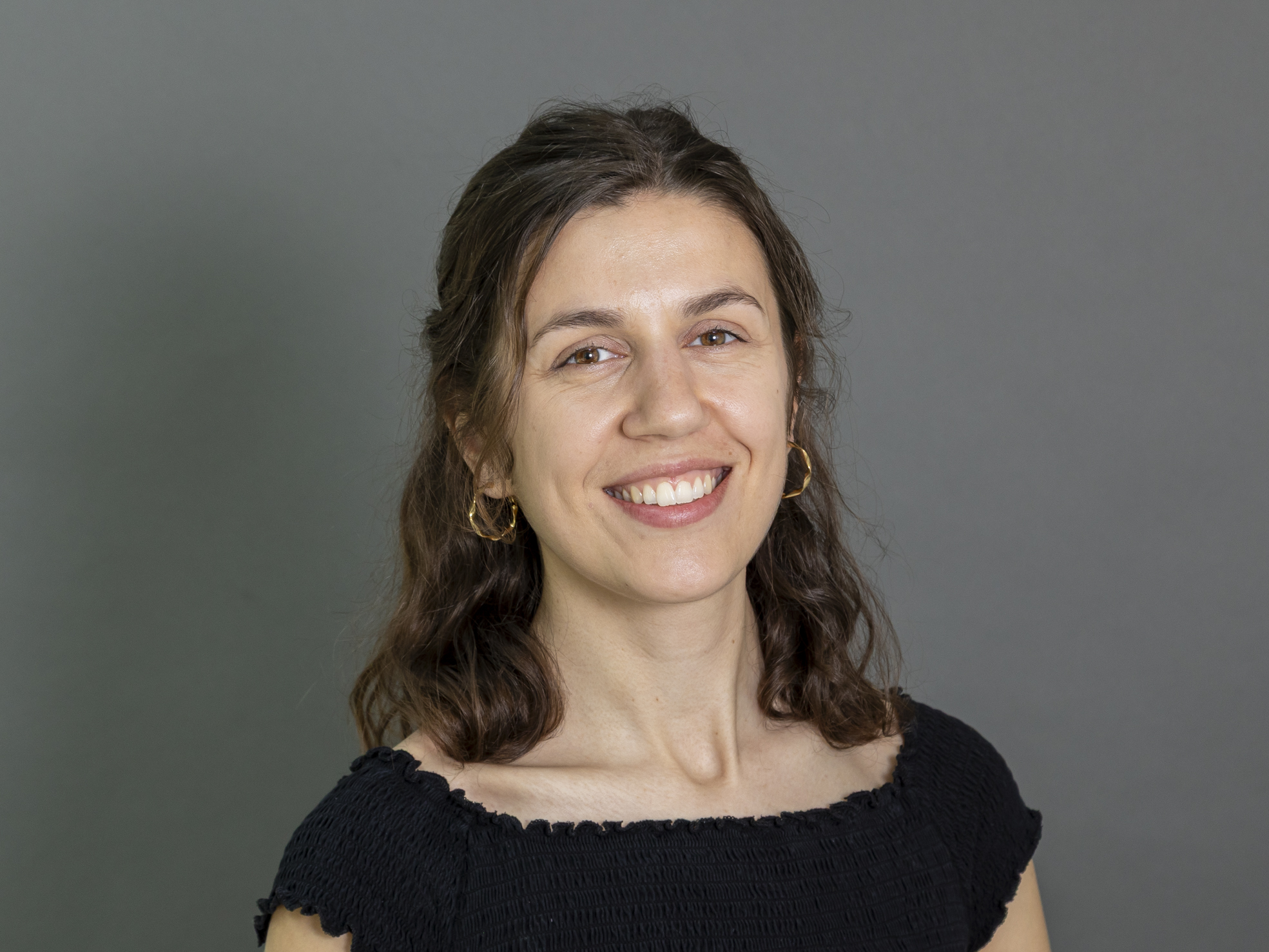
Ricarda Mock
HiWi
Ricarda works as a research assistant at Carbon Cascadia, supporting the team with research, the internet presence and public relations. In her sociology studies, she focuses on issues of justice and distribution in various areas (e.g. energy, gender and the global world). Computer and board games are an integral part of her leisure time; her current favourite is ‘Wingspan’.
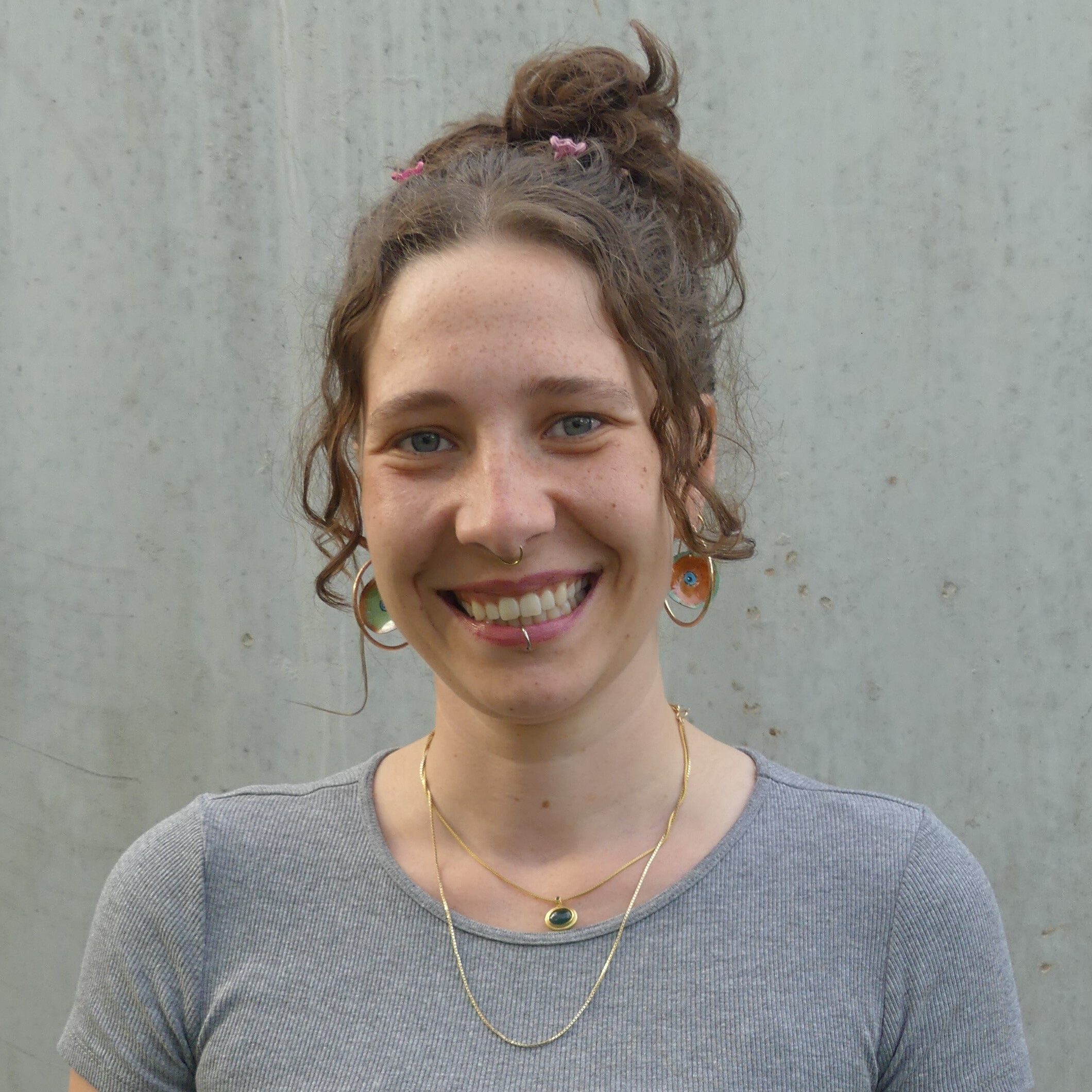
Annika Weinberger
HiWi
Annika works as a research assistant at Carbon Cascadia, where she supports the team with research, website management, and public relations. During her sociology studies, she has focused on structures of discrimination, critiques of capitalism, and how social power relations shape our reality. Previous studies in biology opened her eyes to climate and environmental policy issues and to the links between ecological and social struggles. Although Annika doesn’t understand much about online games, she loves every other form of play.
Dr. Danny Otto

Founder/CEO
At Carbon Cascadia Games, Danny oversees coordination and the scientific development of game content. He is passionate about highlighting the diversity of carbon-dioxide removal approaches and their interconnections, emphasizing that only a well-balanced portfolio can ensure lasting CO₂ removal. As a sociologist, he focuses on issues of social equity. In his free time, he enjoys playing board and video games with his children.
Dr. Nils Matzer

Nils is reponsible for game design at Carbon Cascadia Games. As a Science Studies scholar he analyzes how science and society influence each other. In his teching and research he is engaged with how complex processes can be simulated and communicated in games. For Nils it is a central mission to get active against human-made climate chnagen. In his free time he is pationate for unconventional board games and video games.
Ricarda Mock

Ricarda works as a research assistant at Carbon Cascadia, supporting the team with research, the internet presence and public relations. In her sociology studies, she focuses on issues of justice and distribution in various areas (e.g. energy, gender and the global world). Computer and board games are an integral part of her leisure time; her current favourite is ‘Wingspan'.
Annika Weinberger

Annika works as a research assistant at Carbon Cascadia, where she supports the team with research, website management, and public relations. During her sociology studies, she has focused on structures of discrimination, critiques of capitalism, and how social power relations shape our reality. Previous studies in biology opened her eyes to climate and environmental policy issues and to the links between ecological and social struggles. Although Annika doesn't understand much about online games, she loves every other form of play.
Carbon cascadia is possible because of

BioNET – Multi-level Assessment of Bio-based Negative Emission Technologies

UFZ – Helmholzt Centre for Environmental Research
Carbon Cascadia originated as part of
Carbon Cascadia receives funding from

Lorem ipsum dolor sit amet, consectetur adipiscing elit. Ut elit tellus, luctus nec ullamcorper mattis, pulvinar dapibus leo.

Lorem ipsum dolor sit amet, consectetur adipiscing elit. Ut elit tellus, luctus nec ullamcorper mattis, pulvinar dapibus leo.

Lorem ipsum dolor sit amet, consectetur adipiscing elit. Ut elit tellus, luctus nec ullamcorper mattis, pulvinar dapibus leo.

Lorem ipsum dolor sit amet, consectetur adipiscing elit. Ut elit tellus, luctus nec ullamcorper mattis, pulvinar dapibus leo.

Lorem ipsum dolor sit amet, consectetur adipiscing elit. Ut elit tellus, luctus nec ullamcorper mattis, pulvinar dapibus leo.

Lorem ipsum dolor sit amet, consectetur adipiscing elit. Ut elit tellus, luctus nec ullamcorper mattis, pulvinar dapibus leo.
